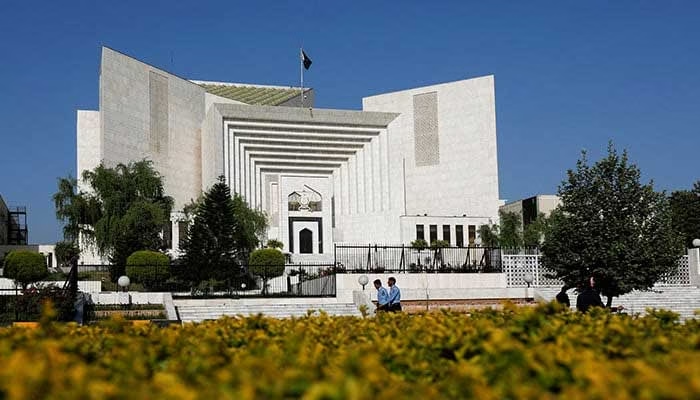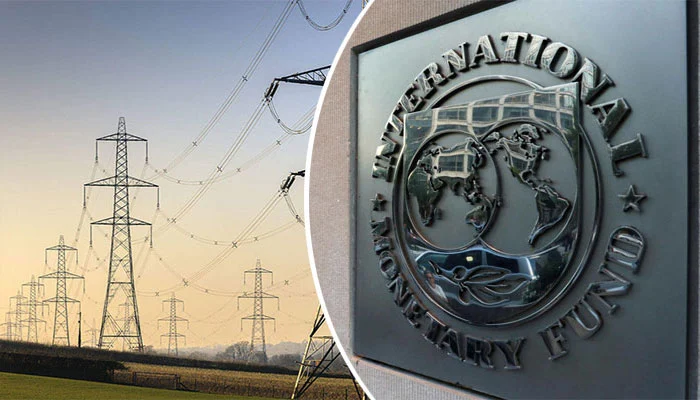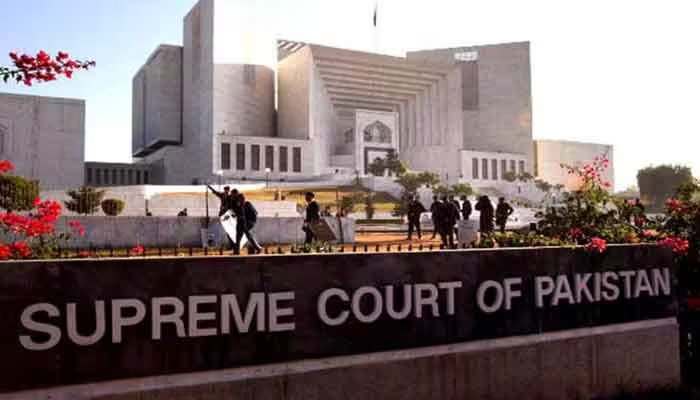The Judicial Commission of Pakistan (JCP) has once again become the center of national debate after its sub-committee opposed a proposal to set formal criteria for nominating judges to constitutional benches. The decision, reported by The News on Sunday, has sparked discussions among legal experts, parliamentarians, and the bar councils over the need for transparency, discretion, and judicial independence in Pakistan’s justice system.
The Sub-Committee’s Majority View
The five-member sub-committee of the Judicial Commission of Pakistan, headed by Justice Jamal Khan Mandokhail, convened at the Supreme Court to deliberate on the proposal. The majority view, supported by Attorney General Mansoor Usman Awan and Pakistan Bar Council (PBC) representative Ahsen Bhoon, rejected the idea of evolving rigid criteria for nominations.
They argued that under Article 191A of the Constitution, it is the Judicial Commission of Pakistan itself—not a sub-body—that holds the authority to draft rules governing such nominations. This interpretation effectively limits the sub-committee’s role and refers the matter back to the larger JCP for further discussion.
The Case for Clear Criteria
Not everyone agreed with the majority. Senator Barrister Ali Zafar, representing the opposition, strongly advocated for establishing formal criteria. He argued that without a transparent framework, the discretion of Judicial Commission of Pakistan members remains unchecked, potentially leading to inconsistency and politicization of appointments.
His stance resonates with a wider call for judicial reforms in Pakistan. According to a 2024 survey by Gallup Pakistan, 62% of respondents expressed concerns about the fairness and independence of judicial appointments, highlighting the public demand for clearer processes.
The Role of the Chief Justice and the 26th Amendment
The current debate originates from a broader reform initiative led by Chief Justice Yahya Afridi, who, as chairman of the Judicial Commission of Pakistan, constituted a broad-based committee on June 19, 2025. This committee was tasked with drafting rules for annual judicial performance evaluations of high court judges and developing criteria for constitutional bench nominations.
The 26th Amendment, which introduced constitutional benches, was designed to strengthen judicial processes by assigning important constitutional cases to specialized panels of judges. However, the absence of clear rules on how these judges are nominated has left room for debate, raising concerns over transparency.
Judicial Independence vs. Accountability
The controversy highlights a long-standing tension within Pakistan’s judiciary: how to balance judicial independence with accountability. On one hand, setting rigid criteria may enhance transparency and public trust. On the other hand, judges and legal experts fear that over-regulation could limit judicial discretion, an essential component of independence.
Legal analysts argue that the Judicial Commission of Pakistan has historically operated with flexibility in appointments. While this has allowed for quick decisions, it has also fueled criticism of favoritism and lack of merit-based selection. A well-defined yet flexible framework might offer a middle ground, but achieving consensus remains a challenge.
Implications for Pakistan’s Legal System
The debate over judicial nominations is not just a procedural issue; it has far-reaching implications for Pakistan’s governance. Constitutional benches often hear cases related to electoral reforms, constitutional amendments, and separation of powers between institutions. The credibility of these benches, therefore, directly impacts public trust in democracy.
For instance, during the 2017 Panama Papers case, the composition of the bench faced public scrutiny. Analysts suggest that clear nomination criteria could prevent similar controversies in the future by ensuring that appointments are viewed as impartial and merit-based.
What Comes Next?
With the sub-committee referring the issue back to the Judicial Commission of Pakistan, the matter is far from settled. The JCP will now have to deliberate further, weighing the benefits of formalized rules against the risks of undermining judicial discretion.
The broader judicial reform agenda—including performance evaluation of judges and enhanced transparency in appointments—remains a priority for stakeholders. However, consensus-building will be key to ensuring that reforms are both effective and acceptable to all parties.
The ongoing debate within the Judicial Commission of Pakistan reflects the complexities of judicial reform in a democratic society. While the sub-committee’s majority view resists formal nomination criteria, voices from the opposition and segments of civil society continue to push for greater transparency.
At a time when public trust in Pakistan’s institutions is fragile, the way forward lies in finding a balanced approach—one that safeguards judicial independence while addressing concerns of accountability. The final decision by the Judicial Commission of Pakistan will not only shape the composition of constitutional benches but also influence the future credibility of Pakistan’s judiciary.



